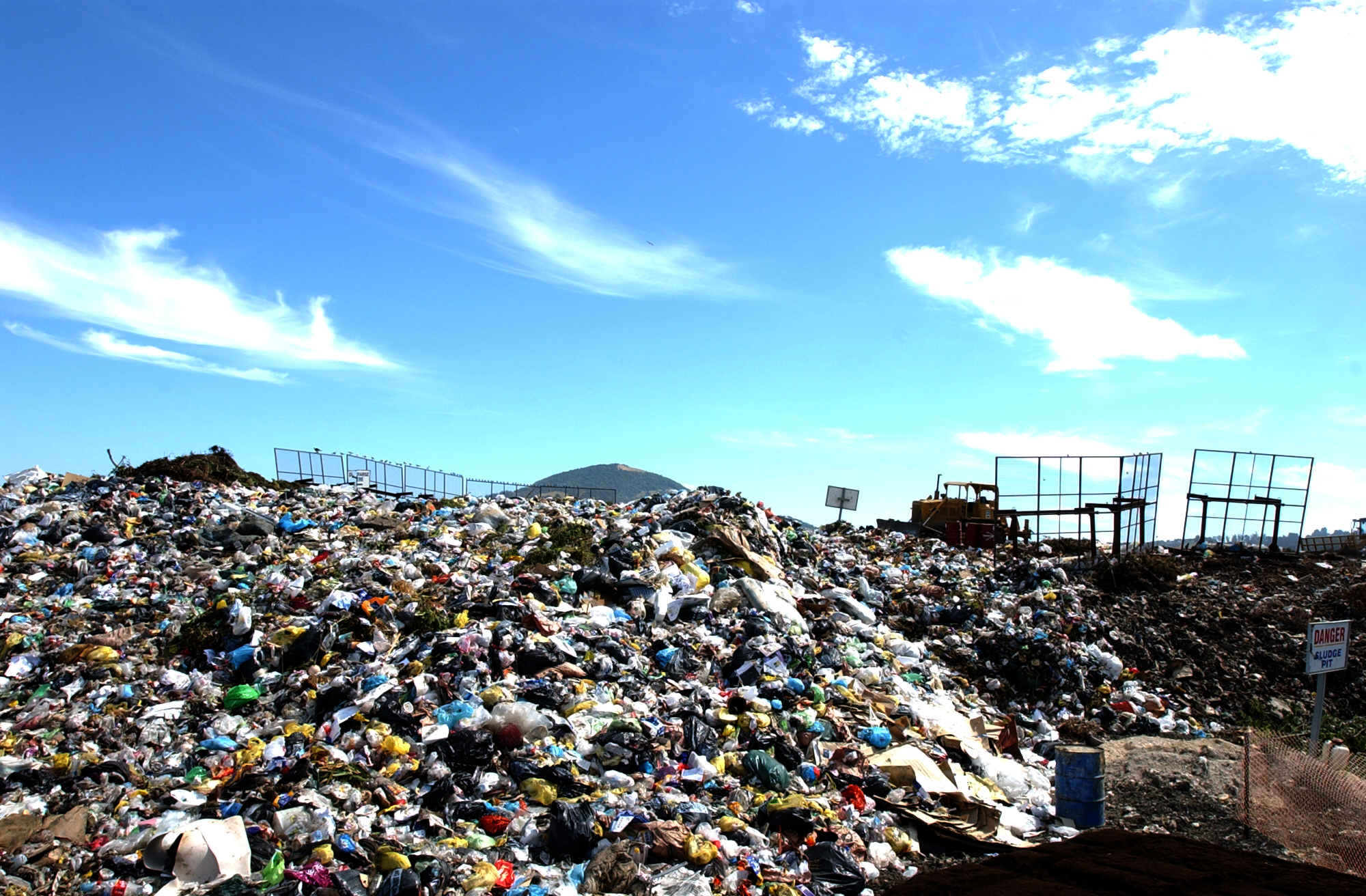Top Stories
Landfill Waste Declines to 3.7 Million Tonnes, Challenges Remain

Waste sent to landfills has decreased significantly, dropping from 4.7 million tonnes in 2023 to 3.7 million tonnes in 2024, according to the Waste & Recycling Industry Association (WRIA). Despite this positive headline, experts caution that the underlying trends in waste generation and recycling behavior are concerning.
Barney Irvine, a spokesperson for WRIA, emphasized that the reduction in landfill waste does not reflect an improvement in overall waste management practices. “While the figures seem positive at face value, there hasn’t been a meaningful change in behavior regarding waste minimization and recycling,” he stated. Households are actually producing more waste than the previous year, with an increase of 53,000 tonnes, which equates to approximately 7% more waste.
The report highlights that the consumption of food and drink products, along with their packaging, continues to dominate household waste. Even amidst economic challenges, households are not reducing their consumption but are instead gravitating towards more affordable alternatives. Irvine noted a shift from beverages sold in glass bottles to those packaged in cheaper materials such as cans and plastic.
Shifts in Recycling Practices
The WRIA report also reveals troubling trends in recycling. Glass recycling volumes have decreased by 14%, while recycling of plastics and tin/aluminium has risen by 13% and 46%, respectively. This shift indicates a change in consumer habits, yet it raises questions about the sustainability of these practices in the long term.
The substantial decrease in overall waste has primarily been driven by the commercial and industrial sectors, which experienced a 23% decline in waste collected from their sites. Irvine attributes this drop to a slowdown in the economy, particularly in the building and construction sectors, which are traditionally significant sources of waste.
Despite the current reductions, Irvine warns that waste volumes are likely to increase again as economic conditions improve. “Now is not the time for anyone to assume that the job is done,” he stated. He advocates for the government to capitalize on the current decline in waste generation to implement essential policy changes that would strengthen the waste and recycling system for the future.
The WRIA’s findings underscore the need for households and policymakers alike to remain vigilant in efforts to promote responsible waste management practices. As economic conditions fluctuate, it is crucial to lay the groundwork for a more resilient and dynamic waste system that can effectively adapt to changing circumstances.
-

 World4 months ago
World4 months agoTest Your Knowledge: Take the Herald’s Afternoon Quiz Today
-

 Sports4 months ago
Sports4 months agoPM Faces Backlash from Fans During Netball Trophy Ceremony
-

 Lifestyle4 months ago
Lifestyle4 months agoDunedin Designers Win Top Award at Hokonui Fashion Event
-

 Entertainment4 months ago
Entertainment4 months agoExperience the Excitement of ‘Chief of War’ in Oʻahu
-

 Sports4 months ago
Sports4 months agoLiam Lawson Launches New Era for Racing Bulls with Strong Start
-

 World5 months ago
World5 months agoCoalition Forms to Preserve Māori Wards in Hawke’s Bay
-

 Health4 months ago
Health4 months agoWalking Faster Offers Major Health Benefits for Older Adults
-

 Lifestyle4 months ago
Lifestyle4 months agoDisney Fan Reveals Dress Code Tips for Park Visitors
-

 Politics4 months ago
Politics4 months agoScots Rally with Humor and Music to Protest Trump’s Visit
-

 Top Stories5 months ago
Top Stories5 months agoUK and India Finalize Trade Deal to Boost Economic Ties
-

 Health2 months ago
Health2 months agoRadio Host Jay-Jay Feeney’s Partner Secures Visa to Stay in NZ
-

 World5 months ago
World5 months agoHuntly Begins Water Pipe Flushing to Resolve Brown Water Issue









